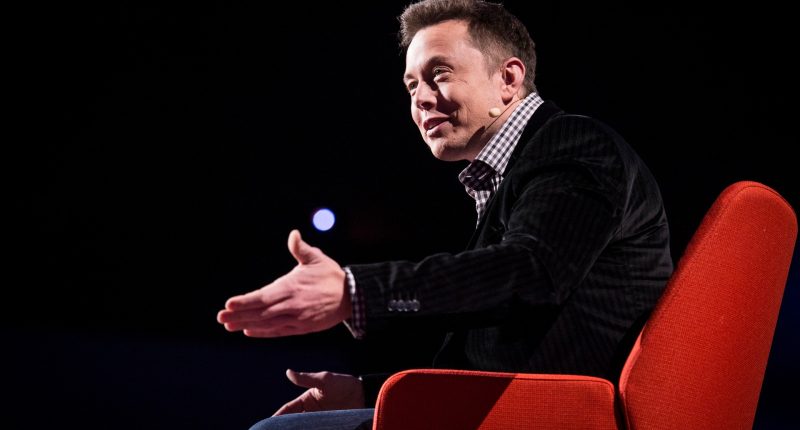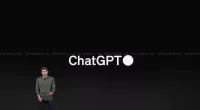Billionaire Elon Musk has proposed a new initiative, one that could see electric vehicle maker Tesla making an investment of $5 billion into his artificial intelligence startup, xAI.
Musk took to the social media platform X (formerly known as Twitter) earlier this week to gauge public sentiment on the potential investment. By posting an informal poll, Musk asked his followers whether Tesla should allocate $5 billion towards xAI. The response was overwhelmingly positive, with more than two-thirds of participants voting in favor of the deal. Musk highlighted this feedback, suggesting that “the public is in favor” of the investment and now, he will be taking it up with Tesla’s board. “Looks like the public is in favor. Will discuss with Tesla board,” Musk said in a post on X as the poll revealed that nearly 68% of respondents said that the EV giant company should invest in xAI.
The timing of Musk’s poll is significant, coming shortly after Tesla reported its fourth consecutive quarter of disappointing profits. During Tesla’s earnings call, Musk was questioned about the potential for integrating xAI’s chatbot, Grok, into Tesla’s software and whether the company might invest in xAI. Musk confirmed that Tesla has already benefited from xAI’s advancements, particularly in enhancing its Full Self-Driving (FSD) technology. He also expressed support for the investment, contingent on board and shareholder approval.
Founded in early 2023 by Musk, xAI was established shortly after the AI boom triggered by the launch of ChatGPT by OpenAI. Musk, a co-founder of OpenAI, had resigned from its board in 2018 due to potential conflicts of interest with Tesla. Since its inception, xAI has made substantial strides, securing $6 billion in a funding round earlier this year, in May. Notable investors for the AI startup included Sequoia Capital and Andreessen Horowitz.
This is not the first time Musk has proposed a controversial investment requiring shareholder approval. In 2016, Tesla shareholders approved the acquisition of SolarCity, a solar-panel installer run by Musk’s cousins, in a deal valued at over $2 billion. This acquisition faced legal challenges, with allegations that Musk had improperly influenced the deal. Nonetheless, Musk ultimately prevailed in court. Still, the current investment raises valid concerns about potential conflicts of interest and the allocation of corporate resources. Tesla shareholders, still reeling from the controversial acquisition of SolarCity, may be wary of another high-stakes deal involving Musk’s personal ventures.
The Tech Portal is published by Blue Box Media Private Limited. Our investors have no influence over our reporting. Read our full Ownership and Funding Disclosure →






